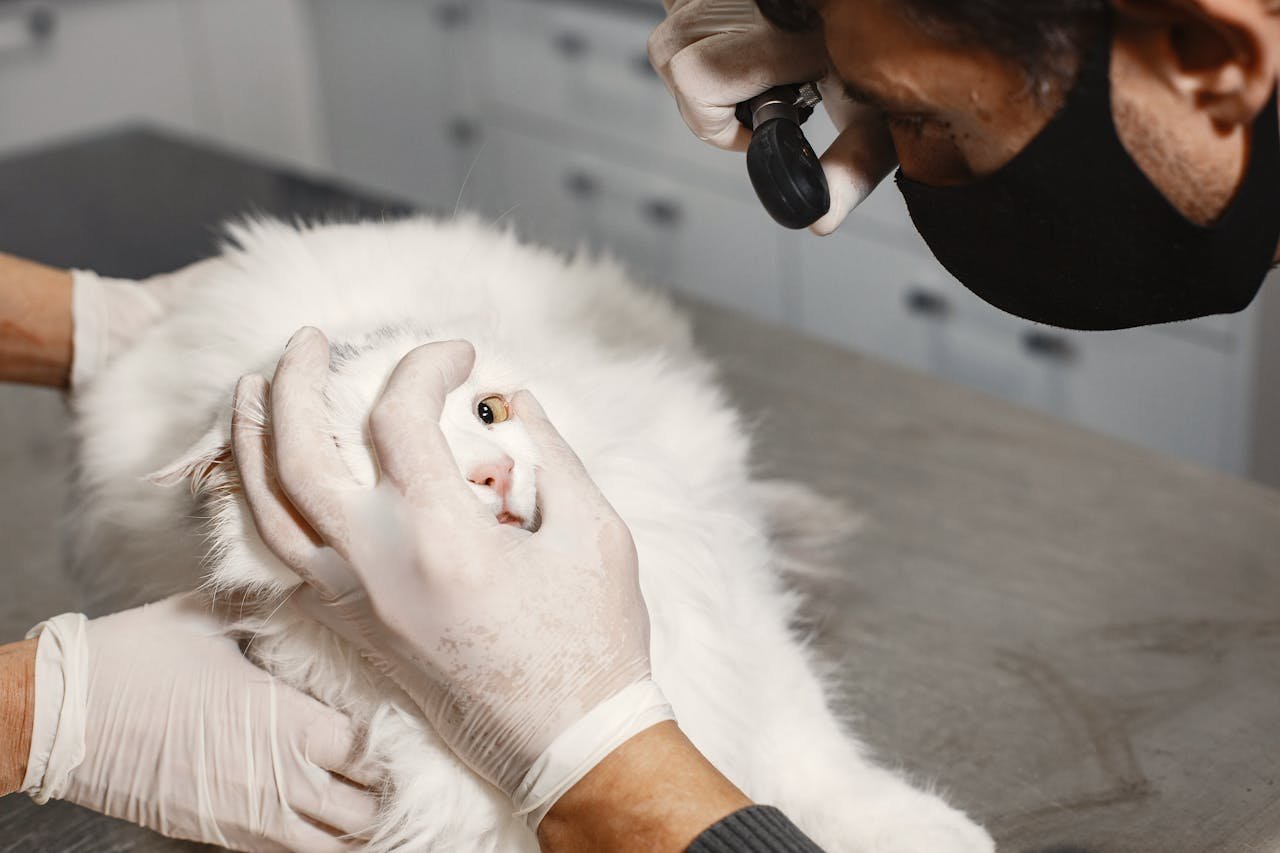Your pet’s health is important. When you visit a Kingstowne veterinarian, you tap into a wealth of knowledge and care that supports your pet’s long-term well-being. Preventive treatment, early detection, and regular examinations are the main priorities of animal hospitals. These steps keep your pet healthy and happy. Vaccinations and screenings catch potential issues early. Nutrition advice and exercise plans also help. Skilled veterinarians provide expert guidance to address every concern. They customize care programs and therapies to meet the specific requirements of your pet. Trust their calm, steady approach to ensure a thriving life for your furry companion. Maintaining the happiness your pet gives to your life is made easier by a collaboration with your neighborhood animal hospital. Prioritize these visits, as they play a crucial role in nurturing a bond built on trust and care. Remember, a proactive approach can make a significant difference in your pet’s future health and happiness.
Preventive Care and Routine Check-Ups
Animal hospitals emphasize preventive measures. Regular check-ups can identify minor issues before they become serious. Routine care includes vaccinations, dental care, and screenings, which help detect early signs of illness. These visits allow veterinarians to monitor your pet’s overall health and provide tailored advice. The American Veterinary Medical Association notes that regular exams lead to early disease detection, improving outcomes.
Nutrition and Exercise Plans
Proper nutrition and daily exercise are essential. Veterinarians often create personalized diet and exercise plans. These plans consider your pet’s age, breed, and health status. A balanced diet helps maintain body weight, while exercise keeps your pet active and engaged. Adopting healthy behaviors lowers the risk of obesity and associated conditions. Pet owners benefit from clear guidelines that improve their pet’s quality of life.
Benefits of Early Detection
Early detection means catching diseases before they progress. Animal hospitals perform screenings for conditions like diabetes, arthritis, and heart disease. These screenings identify signs that may not be visible to the untrained eye. Early treatment often leads to simpler, less expensive interventions. It also means a better prognosis and faster recovery.
Vaccination Schedule
Vaccinations are crucial in preventing contagious diseases. Following a vaccination schedule ensures your pet’s safety and the safety of others. To create a strategy that works for your pet, speak with your veterinarian. Here’s a simple schedule to consider:
| Vaccine | Initial Dose | Booster Schedule |
| Rabies | 3-4 months | Every 1-3 years |
| Distemper | 6-8 weeks | Every 1-3 years |
| Parvo | 6-8 weeks | Every 1-3 years |
Tailored Treatment Plans
Every pet is unique. Veterinarians customize treatment plans based on specific needs. They consider factors like age, breed, and existing health conditions. This approach ensures that every aspect of your pet’s health receives attention. Ongoing assessments help adjust plans as needed, ensuring optimal care.
Building a Lasting Bond
Regular visits to the animal hospital strengthen the bond between you and your pet. They offer peace of mind, knowing you are doing everything possible to support your pet’s health. Your pet benefits from consistent care and attention, leading to a happier life. This partnership fosters trust and enables a fulfilling relationship.
Conclusion
Your pet’s long-term health depends on consistent, comprehensive care. Animal hospitals provide essential services that make a significant impact. Regular check-ups, tailored nutrition, and proper vaccinations are crucial. Embrace the support of veterinarians who devote their skills to your pet’s well-being. For more information on pet health guidelines, visit the Centers for Disease Control and Prevention. Remember, proactive care today leads to a healthier, happier tomorrow for your furry friend.

